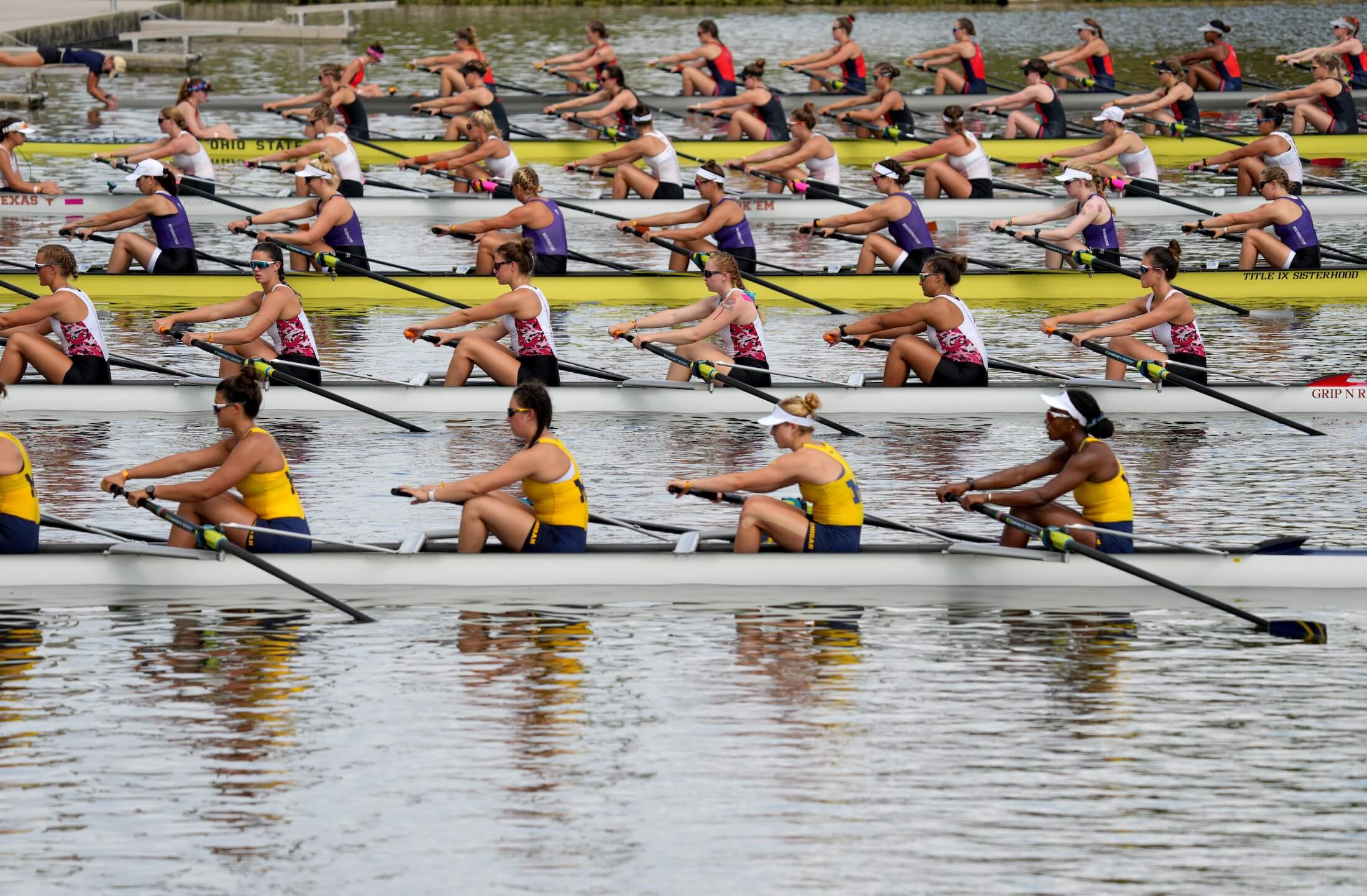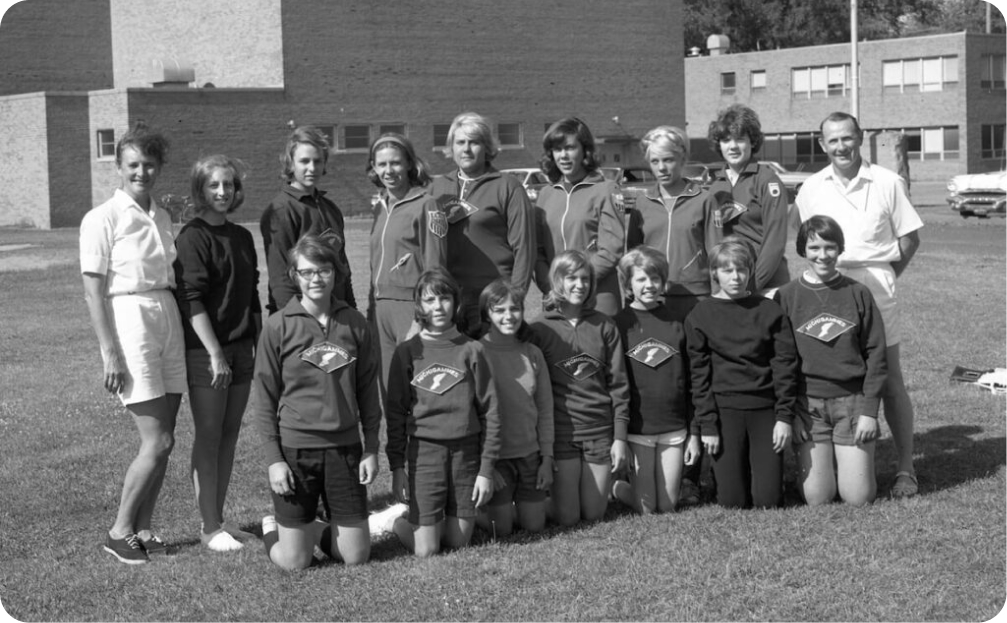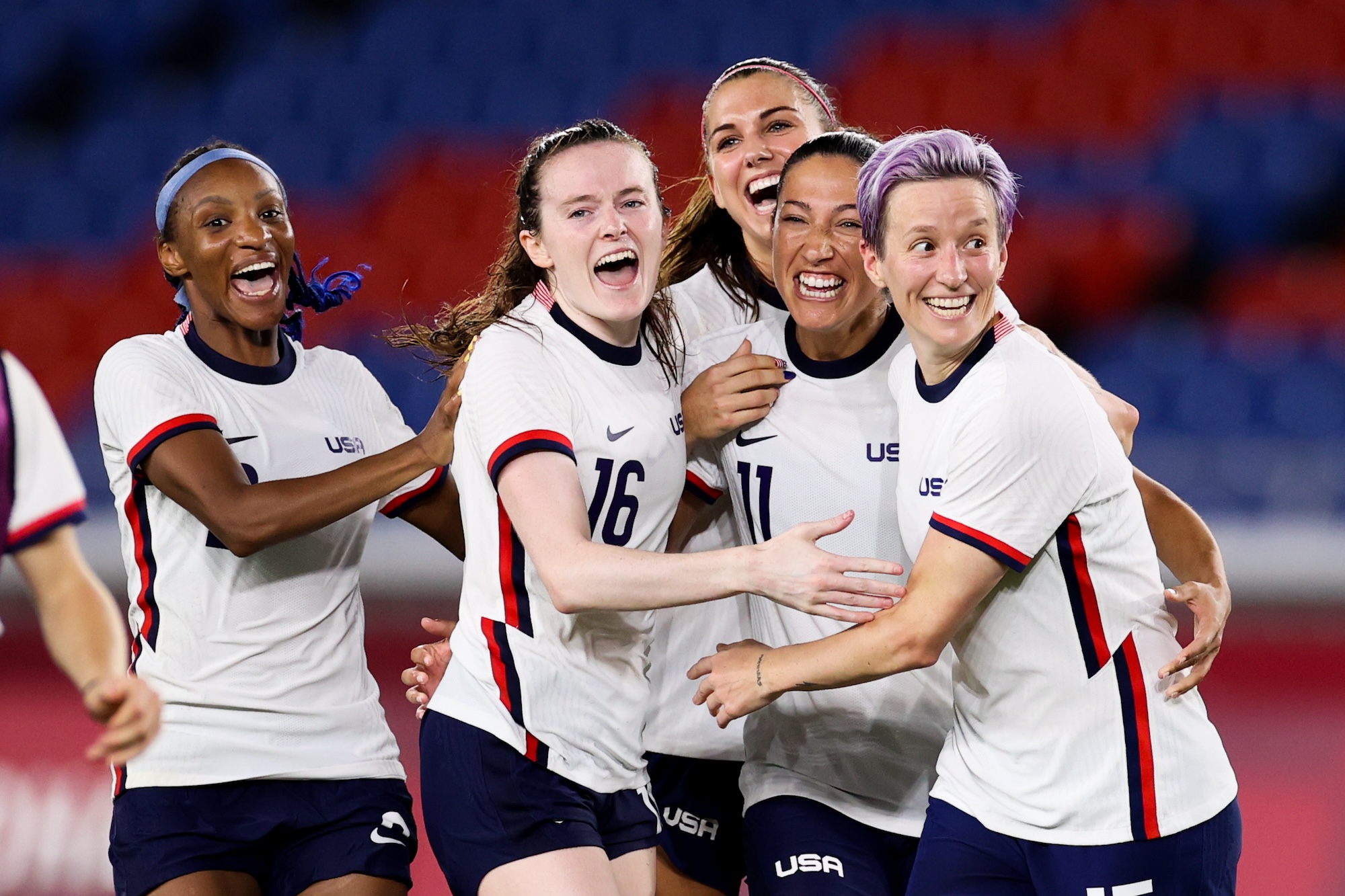Women in Sports
A Title IX Journey
No person in the United States shall, on the basis of sex, be excluded from participation in, be denied the benefits of, or be subjected to discrimination under any education program or activity receiving Federal financial assistance.
Title IX of the Education Amendments of 1972

MAP
LOCATION: Dexter-Huron Metropark The project is located along the Border to Border Trail at the Dexter-Huron Metropark in Dexter, Michigan, which is owned and operated by the Huron Clinton Metropark Authority (HCMA). The Metroparks provided a generous land easement to WCPARC for this project.
The site, which is approximately 60’ X 90 feet in size, lies 275 feet west of the Huron River and immediately south of this B2B Trail segment traversing an oxbow in the river. A mature oak grove establishes the project boundary on the south and east of the site, while a tall grass prairie defines the western edge.
DIRECTIONS: The plaza is located a short walk down the Border to Border Trail, and the walk will vary in distance depending on which lot you are parked in.
- From the east lot, the plaza is a 0.3 mile walk
- From the west lot, the plaza is a 0.6 mile walk
*HCMA park fees may apply
37 WORDS
Title IX legislation was part of the Education Amendments of 1972. It was just 37 words—with no mention of sports. Prior to Title IX, very few schools offered teams for girls and women, leaving half of the population unable to compete. While Title IX required that schools receiving federal funding offer sports for girls and women, it did not legislate equality. Women across the United States and Southeast Michigan advocated to have the same opportunities as men. They fought for playing time, adequate facilities, uniforms, travel budgets, training and so much more—because they believed everyone, regardless of gender, should be able to compete.

On track to change
Explore the stories of women from Southeast Michigan who were monumental in the passage and application of Title IX legislation. Whether you’re visiting the plaza or discovering virtually, learn how these women overcame barriers and fought for equality both on and off the field of play.
-

Francie Kraker Goodridge
Track & Field
-

Carol "Hutch" Hutchins
Softball
-

Naz Hillmon, NaSheema Anderson, Gail Williams
Basketball
-

1973 Pinckney Pirates
Basketball
-

Sheryl Szady
Field Hockey
-

Ramona Cox
Volleyball
-

Molly Moore
Softball, Track & Field
-

Sheila Ford Hamp
Football
-

Meg Seng
Volleyball & Softball
-

Denise Thal
Tennis
-

Sara Fitzgerald
Advocate
-

Jean King
Advocate
-

Karen McKeachie
Cycling
-

Eunice Burns
Community Leader
Michigammes
The Kidder-McKeachie Family wants to recognize the role the Michigammes played in Karen’s life. Below is a list of Michigamme members who participated between the years of 1964-1978.

Gallery
Explore these images of the Title IX Plaza, a dedicated space along the B2B Trail that celebrates the impact of Title IX in promoting equity in sports and recreation. This thoughtfully designed area serves as a tribute to the progress made in expanding opportunities for all.
Resources

Governor's Task Force on Women in Sports
This task force – the first of its kind at a state government level – brings together local and national leaders to develop strategies that support and promote opportunities in Michigan for girls and women in sports.

Share your story
Title IX has dramatically advanced gender equity in sports since 1972, and the women celebrated in this plaza exemplify both the struggles they've faced and the triumphs they've achieved. Their bravery and determination have made a lasting impact. This legislation sparked an incredible rise in the participation and popularity of women’s sports, but the journey is far from over. Be a catalyst for this continued progress—share your story with us and inspire others to join the movement!
Be Involved
Be Involved – Volunteer to coach a youth team. Mentor young athletes. Attend games in your community. Support female athletes as they pursue their goals. Advocate! Not just support women but actively engage and push for change. Voice the importance of access and inclusion for all.


